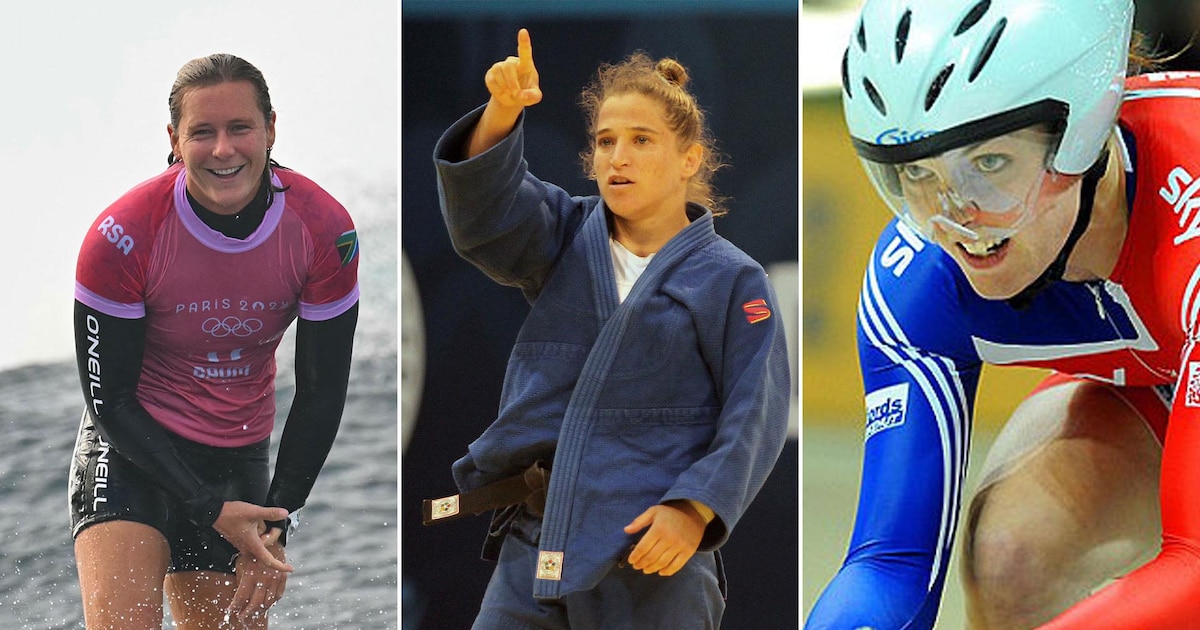

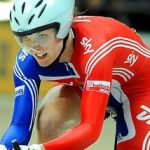






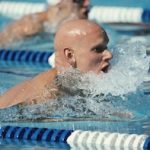
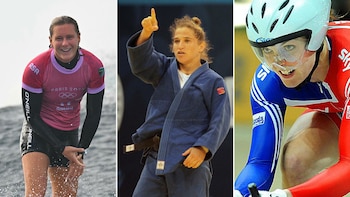
The Olympic Games are, along with the world championships of the most popular sports, global events that usually capture the attention of millions of people around the planet. Even the least athletic people are fascinated by closely following competitions and everything that happens around them.
With Paris 2024 underway, were their own elite athletes – current and already out of competition– who shared their health habits and sports for a healthier lifestyle.

Various Olympic athletes, from swimmer Rebecca Adlington even the track cyclist Victoria Pendletontwo-time Olympic champion and nine-time world champion, advocate a diet rich in a wide variety of variety of fruits and vegetables.
According to Adlington, “eating the rainbow was the most important thing during training.” And he added that, as a lover of fruits and vegetables, he never found it problematic.
The study The American Gut Projectwhich provided academic insights into the composition of the microbiota, showed that consuming 30 or more different types of plants a week is great for gut health. Incorporate these plants through homemade and simple meals It is a good strategy: vegetarian stir-fries or curries are a good option.
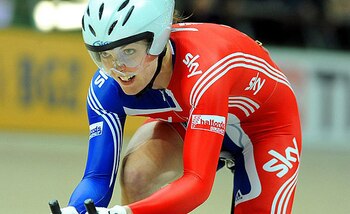
The Greek surfer and competitive bodybuilder Alexandra Kolla recommended “eat whole foods 80% of the time”. Rice, chicken, vegetables, “always something prepared homemade and no processed foods pBecause they have many things like soy and emulsifiers that spoil the body’s amino acid system,” he advised.
Along the same lines, the Olympic sprinter Linford Christie He recommended “eliminating everything white from the diet; no white sugar or bread, because it is more processed.”
Even elite athletes have moments of lack of motivation in which it is difficult for them to start training, but they also have strategies to overcome that obstacle.

The Moroccan athlete taekwondo Nada Laaraj He rewards himself after his intense training sessions, which sometimes amount to up to three a day, with a trip to the beach on the Côte d’Azur.
For the South African surfer Sarah Baumwho spends much of the day at the beach, the reward can be as simple as enjoying a morning drink.
“We all have those moments where we think, ‘I don’t want to get out of bed,’” Baum told the site. Olympics. “So you can always give yourself an incentive to get up and exercise, whether it’s stretching, going for a walk or running. If you’re a coffee fan, you can say to yourself, ‘Well, I’ll have a coffee later,’ or ‘I can enjoy a fruit juice or something similar.'”
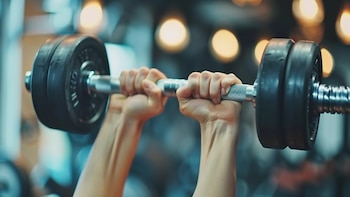
All Olympic athletes highlight the numerous benefits of strength training.
“Muscles are essential”Robertson said. Both she and the expert mid-distance marathon runner Dame Kelly Olympic champion of 800 and 1500 meters at the 2004 Athens Games train with weights three times a weekwhile Christie does it two or three times, although she recognizes that her main motivation is “vanity.”
Robertson hopes that more and more women will be encouraged to lift weights. “I see a lot of gyms full of young women lifting weights and building muscle, but my generation still tends to think that it’s bad to be the heaviest person you’ve ever been,” she says. “We are designed to lift weight. “You should not let age weaken you more and more,” he said.
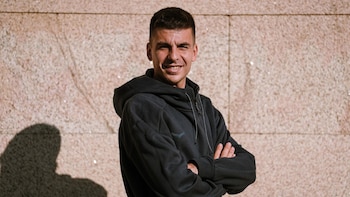
According to the Spanish marathoner Red Iagowho is currently competing in Paris 2024, “relaxing and understanding inside that the work is done and you just have to go out and do what has already been done in training many times” is essential.
“Sometimes, the mentality with which you go is what decides whether you achieve your goal or whether you fall by the wayside,” he remarked.
In that sense, there is no one today who is unaware that it is important for elite athletes to consult with a sports psychologist or professional in this field, so that you know them in depth and advise them to face the challenges.
The 2015 world champion and gold medalist at the 2016 Rio de Janeiro Games, Paula “Peque” Paretowas the first Argentine woman to become an Olympic champion and the first athlete from the country to win two medals in this international multi-sport event in individual disciplines.
The judoka is also a doctor, and although she has already retired from judo, she continues to train with the same professionalism that the Olympic competition required.
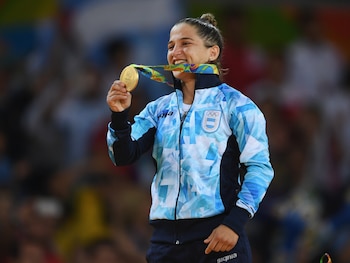
In his fitness routines, Pareto mainly puts into play the core, that is, the center or core of the body. In this way, the abdominal muscles, diaphragm, lumbar, pelvic muscles, glutes, pelvic floor and the deep muscles of the spine are activated.
It is known that this group of muscles, which make up the natural body corsetmost of the force is obtained, which is used to everything from kicking a ball, to lifting a heavy object or simply to stay standing.
If these muscles are in poor condition, so will their stability, which increases the risk of injury, especially in the lower back. Hence the reason why the Argentine athlete never neglects the training of this part of the body.
In line with not stopping training, even after having retired from competition, a group of Argentine athletes among whom were Pareto, the hockey Lioness Delfina Merino, the gymnast Federico Molinari, the handball Gladiator Federico Pizarro and the pitcher Jennifer Dahlgren starred during the pandemic the cycle #MoveteArgentinato encourage people’s physical exercise during quarantine.
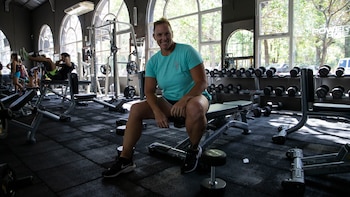
“The important thing is not to stop moving. Our mental health also needs us to be with an active body”Dahlgren assured in that sense.
With simple half-hour routines, designed to be carried out in small spaces, the athletes used elements that anyone can have at home to motivate people to not stop moving regardless of the circumstances.
Regardless of the exercise or sport chosen, athletes agree that the main objective is make movement a daily habitand they have some tips to stay on track.
Anna Hall is an American athlete who competes in athleticsspecialist in testing heptathlon. For her, the trick is to recover quickly after any interruption in the exercise routine. “I establish my routine by creating habits and I never miss any consecutive activity,” he said. Forming a habit is quite difficultso if I don’t get it done one day, I make sure to make up for it the next day.”
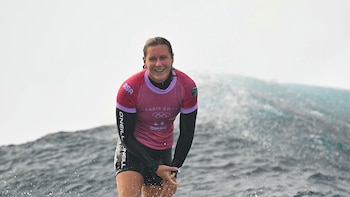
Consistency is essential. Instead of doing a lot of exercise on a single day and none the next, athletes suggest spreading exercise throughout the week.
“It is also important not to rush. At first, you can set a goal to do even just five minutes a day. Getting started is the most difficult. Once you start, everything becomes easier,” said the Brazilian table tennis star Hugo Calderano to Olympics. “Do a little every day. It is better to exercise every day than to do a lot in one day and then do nothing for several days. The most important thing is consistency.”
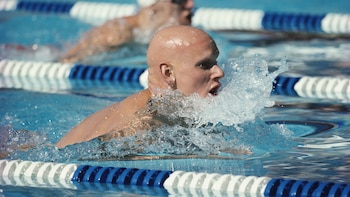
For elite athletes, alcohol is considered a health mistake. “You drink a glass and it already affects your performance the next day”says the British medalist swimmer Duncan Goodhew.
Pendleton, who follows a plant-based diet, supplementing his diet with protein shakes, multivitamins and iron, said he used to indulge in a glass of red sherry during his training and now enjoys an occasional glass.
A report of the World Health Organization indicates that alcohol consumption is linked to more than 200 diseases, injuries and health problems, including liver disease, heart disease and several types of cancer. Therefore, reducing its consumption is a good recommendation, not only for athletes but for the population in general.
